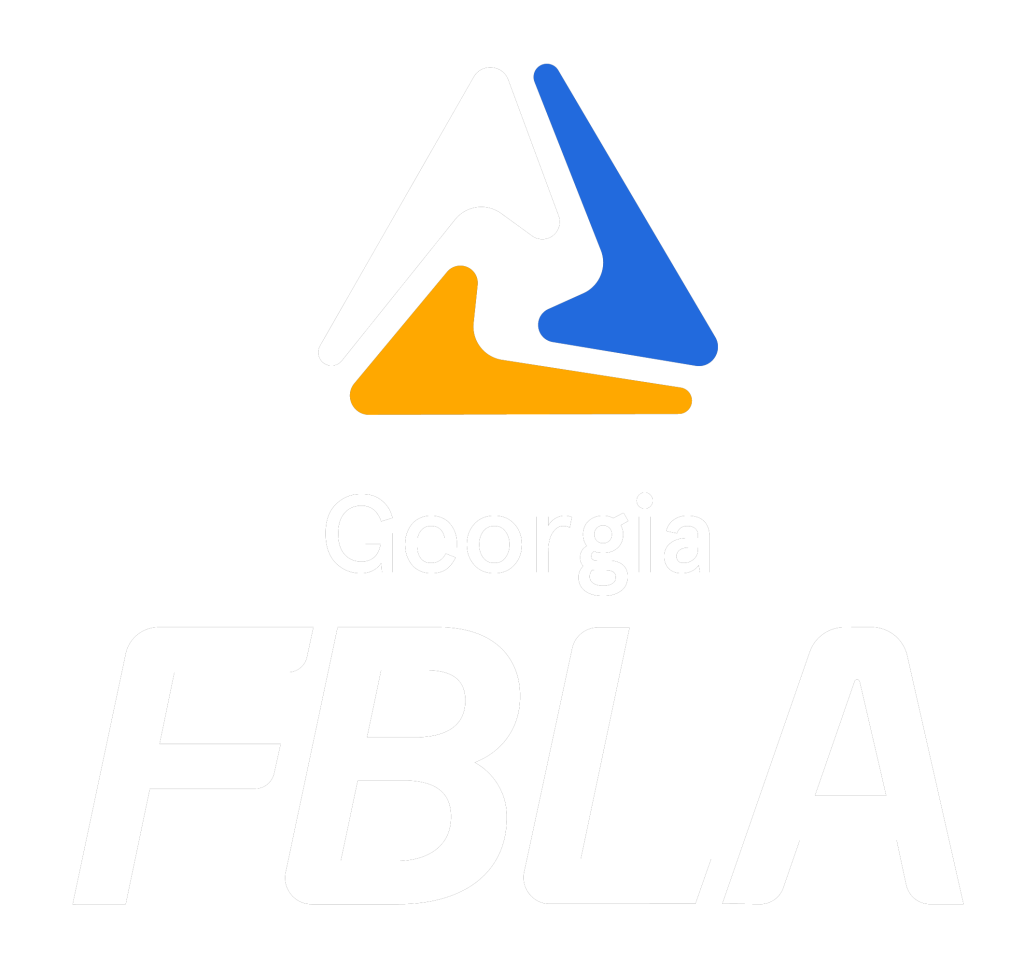Welcome back, Georgia FBLA, to a brand new year! With the new year comes new opportunities, and even more-so, new chapters! One way to grow membership in your school district and in Georgia is to connect with a local Middle Level chapter.
What is Middle Level, anyway?
From the FBLA-PBL national website, “The FBLA-Middle Level program introduces junior high and middle school students to the world of leadership and business with career exploration, community service, and immersive educational programs. Students gain an appreciation of business and the free enterprise system through a variety of leadership programs, community service projects, and educational activities.”
Middle Level is a great way to get students involved in FBLA early, helping them jumpstart their high school plans and even future careers! Just like FBLA, Middle Level offers competitive events to spark interests and recognize excellence. Similarly, the BAAs have their counterpart, the Middle Level Achievement Program (MAP). “This unique program rewards junior high and middle school members with recognition when they complete a variety of activities in the areas of service, education, and leadership. It’s a great way to involve your junior high and middle school students in their school, community, and economy.”
How do I start a Middle Level chapter?
If there is no Middle Level chapter you can connect with in your area, consider working with your local middle school’s Business and Computer Science teacher to start a chapter or visit the school. The FBLA National Office and Georgia FBLA make it easy to charter a chapter, have the Middle Level adviser request a Chapter Organization Packet on the national website.
What are the benefits of growing Middle Level chapters?
- Students are more likely to join FBLA again in High School after the Middle Level.
- Students are more engaged and create lasting friendships with chapter members.
- Students can compete and win awards at the local, state, and national level, just like high school students!
- Students gain more business skills.
- Students are more likely to take on leadership opportunities in the future.
